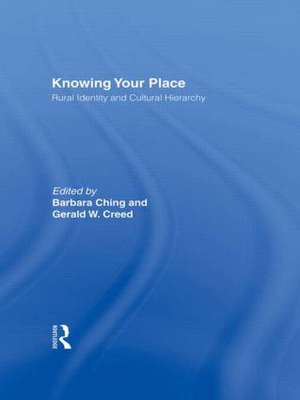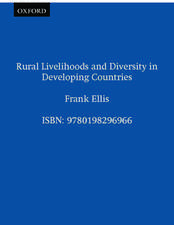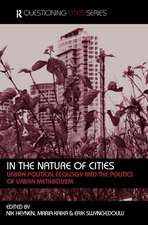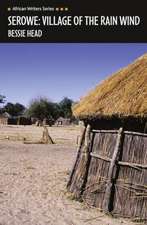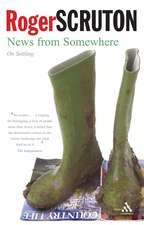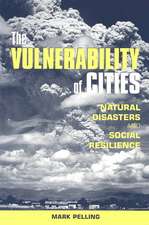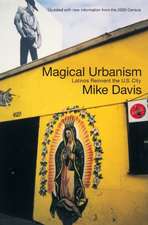Knowing Your Place: Rural Identity and Cultural Hierarchy
Editat de Barbara Ching, Gerald W. Creeden Limba Engleză Hardback – 13 dec 1996
The essays explore rural identity in a number of cultures and situations, and look at issues of contemporary interest. Topics covered include the uses of popular and high culture, the explosion of high technology, the social and economic impact of ecological policy, the role of labor in the global marketplace, museum curatorship, and post-colonial politics. Throughout, the essays address the many ways in which place identity alters and influences the experience of race, class, gender and ethnicity.
| Toate formatele și edițiile | Preț | Express |
|---|---|---|
| Paperback (1) | 419.50 lei 6-8 săpt. | |
| Taylor & Francis – 25 noi 1996 | 419.50 lei 6-8 săpt. | |
| Hardback (1) | 1003.93 lei 6-8 săpt. | |
| Taylor & Francis – 13 dec 1996 | 1003.93 lei 6-8 săpt. |
Preț: 1003.93 lei
Preț vechi: 1224.30 lei
-18% Nou
Puncte Express: 1506
Preț estimativ în valută:
192.16€ • 208.80$ • 161.52£
192.16€ • 208.80$ • 161.52£
Carte tipărită la comandă
Livrare economică 21 aprilie-05 mai
Preluare comenzi: 021 569.72.76
Specificații
ISBN-13: 9780415915441
ISBN-10: 0415915449
Pagini: 286
Dimensiuni: 152 x 229 x 22 mm
Greutate: 0.56 kg
Ediția:1
Editura: Taylor & Francis
Colecția Routledge
Locul publicării:Oxford, United Kingdom
ISBN-10: 0415915449
Pagini: 286
Dimensiuni: 152 x 229 x 22 mm
Greutate: 0.56 kg
Ediția:1
Editura: Taylor & Francis
Colecția Routledge
Locul publicării:Oxford, United Kingdom
Notă biografică
Gerald Creed is Assistant Professor of Anthropology at Hunter College and the Graduate School of the City University of New York. Barbara Ching is Assistant Professor of English at the University of Memphis.
Recenzii
"The "Introduction" by editors Barbara Ching and Gerald Creed is worth the price of the book. Ching and Creed argue that there is a "culturally valuable rusticity" that must be identified and explored by scholars because of its great shaping power in human behavior and experience." -- H-Rural Book Review
Cuprins
INTRODUCTION ~ Recognizing Rusticity, Gerald W. Creed, Barbara Ching; Chapter 1 ~ Rurality and “Racial” Landscapes in Trinidad, Aisha Khan; Chapter 2 ~ “Is It True What They Say About Dixie?”, William J. Maxwell; Chapter 3 ~ “Ain't It Funny How Time Slips Away?”, Aaron A. Fox; Chapter 4 ~ “Campesinos” and “Técnicos”, Marc Edelman; Chapter 5 ~ Class, Gender, and the Rural in James Joyce's “The Dead”, Elizabeth A. Sheehan; Chapter 6 ~ The Roman du Terroir au Féminin in Quebec, Beatrice Guenther; Chapter 7 ~ Rurality, Rusticity, and Contested Identity Politics in Brittany, DavidMaynard; Chapter 8 ~ The Rise and Fall of “Peasantry” as a Culturally Constructed National Elite in Israel, Susan H.Lees; Chapter 9 ~ The Alpine Landscape in Australian Mythologies of Ecology and Nation, MichÈle D. Dominy; CONTRIBUTORS; Index;
